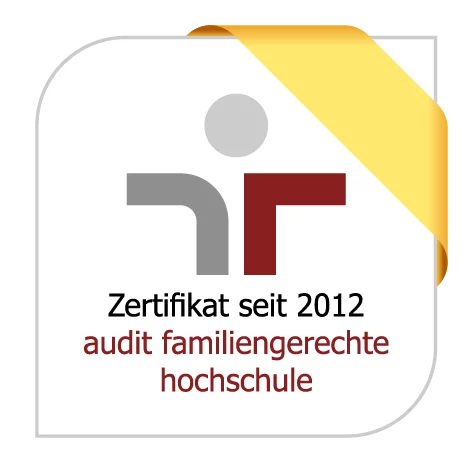KIVEDU
Artificially intelligent systems raise social and legal questions. At the same time, they offer opportunities to support people in enforcing their rights. The project aims to develop an AI-based system for automated support of consumer law enforcement. It makes an innovative contribution to the use of AI and blockchain technology in the field of consumer protection law and adds value for consumers in addressing complex legal issues through "legal tech".
A large number of statutory regulations, including those relating to fair trading, data protection law, consumer protection regulations for distance selling and product information requirements, and many others, protect consumers in digital environments and in (legal) transactions on the Internet. In the event of violations of consumer protection law, designated bodies can take civil action in the interests of consumers. In the context of "private enforcement," they can demand (by means of warning letters) that companies cease and desist from such violations in the future. By means of so-called "cease-and-desist declarations with penalty clause," the companies in question assure that they will comply with applicable law in the future. In practice, however, it is often extremely time-consuming to check whether the company actually complies. Identifying, documenting and remedying potential violations is often still a manual search and processing activity. There is thus a risk that companies will continue to behave unlawfully to the detriment of consumers.
In the project, an AI-based system is to be developed that can automatically check cease-and-desist declarations and cease-and-desist judgments in the event of a violation of consumer-protective regulations and send a corresponding message to the cease-and-desist creditor in the event of a violation. The artificially intelligent system should also be able to create evidence of the breach that can be used in court and store it securely, for example in a blockchain. Machine and reinforcement learning algorithms will be trained to detect breaches. This approach will better support consumers and consumer advocates in exercising their rights. In this context, legal requirements must be systematically considered and implemented in the design of the legal tech tool as well as in the development and training of the artificial intelligence. As part of the project, the Center for Consumer Research and Sustainable Consumption (vunk) at Pforzheim University is defining the requirements for the digital product, providing legal and jurisprudential support for its development, and designing the data protection and data security concept.
Contact vunk
Prof. Dr. Steffen Kroschwald, LL.M.
Lukas Waidelich, M.Sc.
Zina Al-Washash, LL.B.
Partner
vunk Zentrum Verbraucherforschung und nachhaltiger Konsum der Hochschule Pforzheim
Law & Audrey Legal Tech
Duration
01.03.2023 – 28.02.2025
We provide information on the progress of the project in the Latest News.
Funded by
The Invest BW support program of the Ministry of Economics, Labor and Tourism of the Federal State of Baden-Württemberg
Funding reference number
BW1_3092/03




